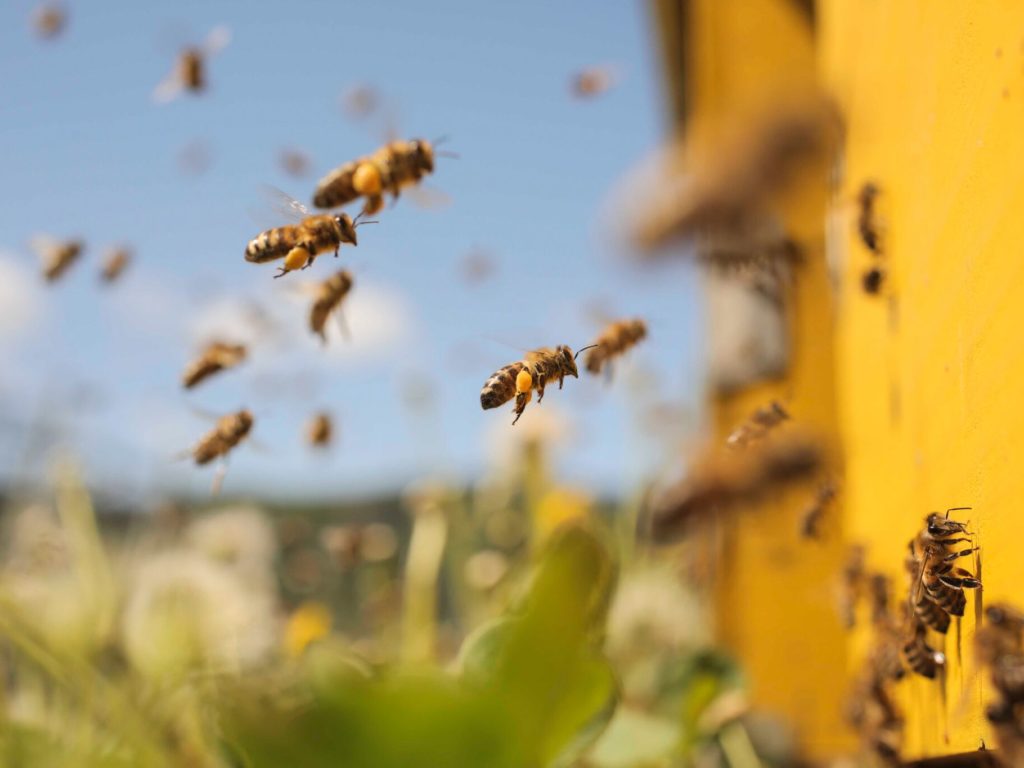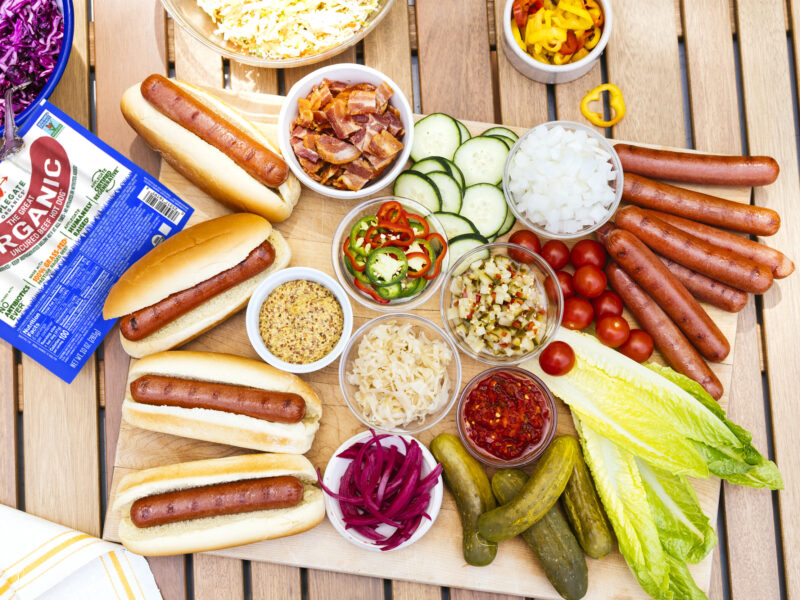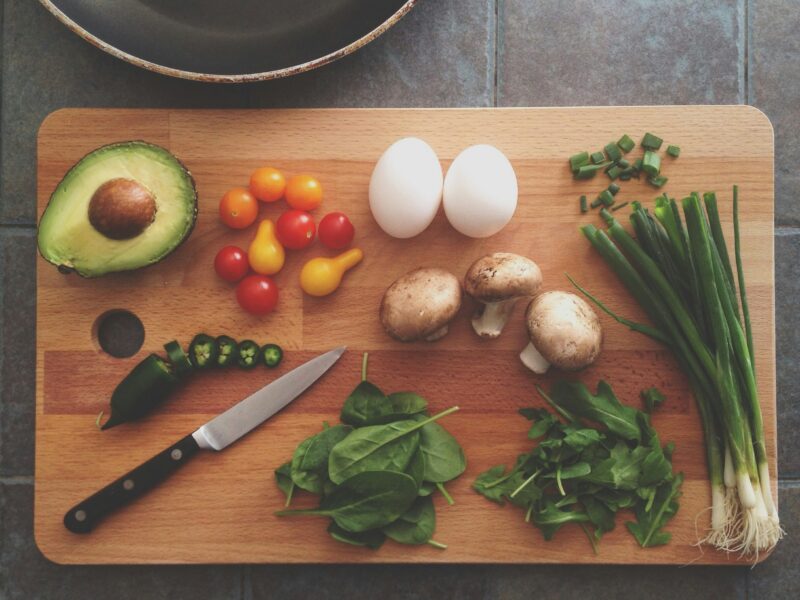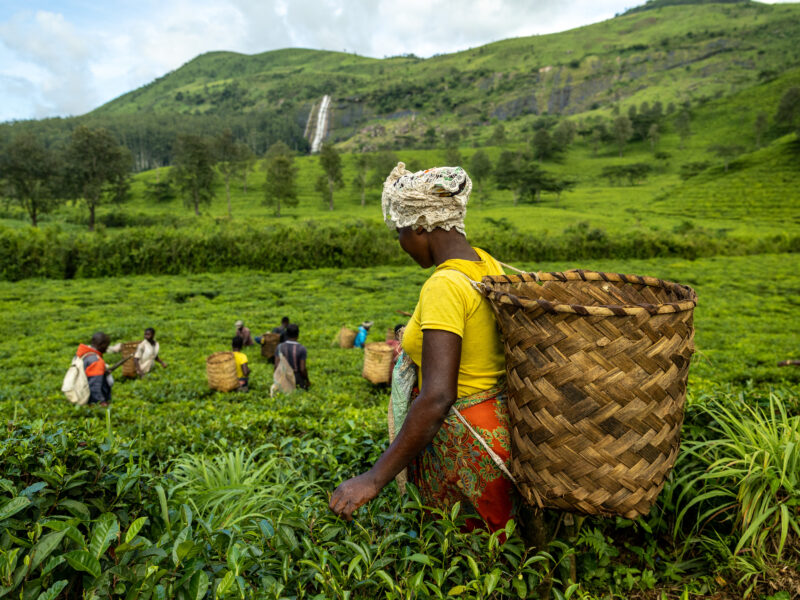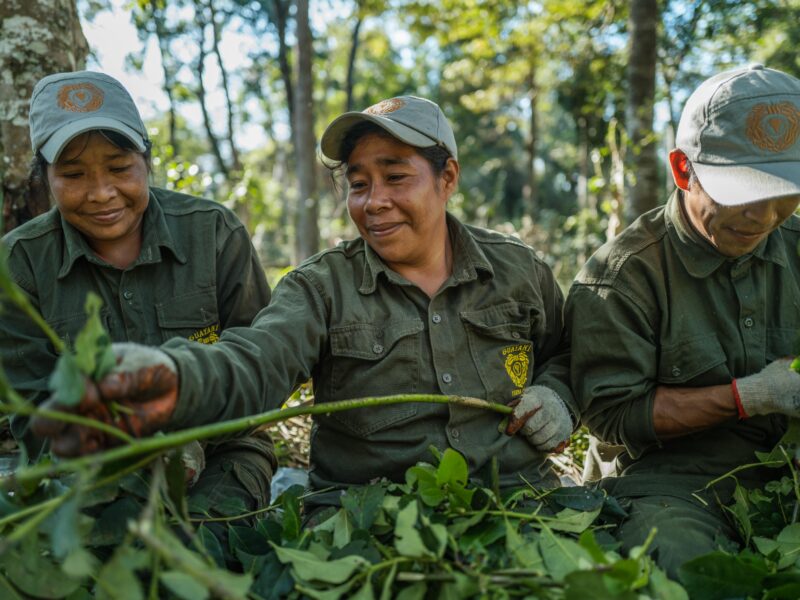France was the first country to ban supermarkets from throwing away unused food — and the world is taking notice. Food waste is a huge, and expensive, global issue. France is way ahead of other countries, including the US. As the first couple days of spring roll in many are looking to start growing their own fruits, veggies, and flowers. Thanks to Rodale growing from seeds is way less intimidating when you follow their go-to plan. No-till is a farming technique that is showing up heavily in agriculture news. We till because typically the soil that we’re starting with is too compacted for planting annual vegetables into, but to the soil ecologist, tilling is a violent approach to soil improvement. Modern farmer explores a double digging and no-till gardening approach. Reduced tillage, cover crops and widespread interest in soil health all have roots in the organic farming community. With the mass die-off of bees spelling trouble for agriculture, the world’s largest retailer, Walmart, has filed patents for the use of “unmanned vehicles,” or drones, to aid with pollination and crop production. In essence, they are looking to create robotic bees. Also in the news, Larry Kandarian grows legumes alongside ancient grains on his California farm, producing a polyculture that benefits both the health of the land and his own. In the grocery aisle, General Mills, which acquired Annie’s in 2014, announced it would convert 34,000 acres to organic farmland in South Dakota, creating the state’s largest organic crop farm, and it intends to help farmers implement regenerative practices like crop rotations and cover cropping. This process could help fight climate change by pulling carbon from the air, while also promoting biodiversity and soil health.
A Simple Step-By-Step Guide To Starting Your Own Seeds
Growing your own fruits, veggies, and flowers from seeds is way less intimidating when you follow our go-to plan.
How a Grain and Legume Farmer Harvests Nutrition from the Soil
Larry Kandarian grows legumes alongside ancient grains on his California farm, producing a polyculture that benefits both the health of the land and his own.
Double Digging: How to Build a Better Veggie Bed
There is an odd paradox in agriculture: In the effort to create rich, loose soil for planting, we till it up, which undoes much of the work that the earthworms, microbes, and fungi in the soil—nature’s little army of soil improvers—have already done. We till because typically the soil that we’re starting with is too compacted for planting annual vegetables into, but to the soil ecologist, tilling is a violent approach to soil improvement.
France is starting to reap the benefits of a recent law that forces supermarkets to make use of unused food, rather than tossing it away. Food waste is a huge, and expensive, global issue. France is way ahead of other countries, including the US.
Walmart Files Patent for Robot Bees
With the mass die-off of bees spelling trouble for agriculture, the world’s largest retailer has filed patents for the use of “unmanned vehicles,” or drones, to aid with pollination and crop production.
Annie’s embraces regenerative farming practices
General Mills — which acquired Annie’s in 2014 — will convert 34,000 acres to organic farmland in South Dakota, creating the state’s largest organic crop farm, and it intends to help farmers implement regenerative practices like crop rotations and cover cropping. This process could help fight climate change by pulling carbon from the air, while also promoting biodiversity and soil health.
Organic farming movement shaping agriculture’s future
Reduced tillage, cover crops and widespread interest in soil health all have roots in the organic farming community.

